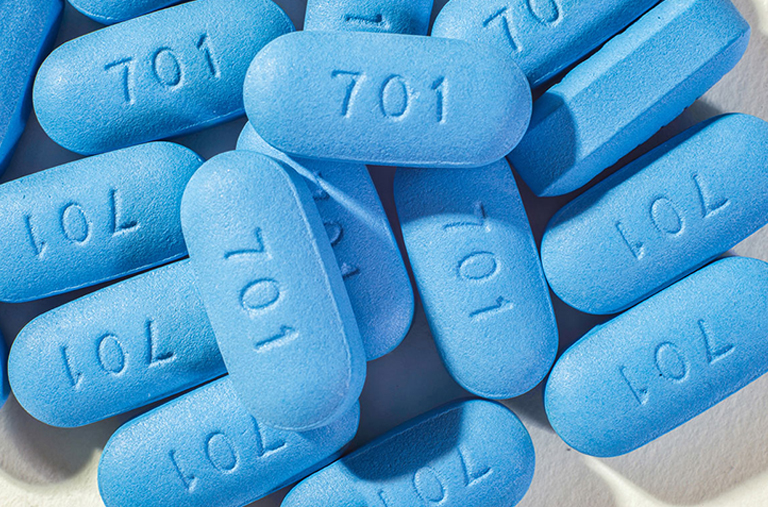TDF HIV Drugs Lawsuit
Tenofovir Disoproxil Fumarate (TDF) HIV drugs are related to an increased risk of kidney disease and bone fractures.
Contact our Mass Tort and Class Action attorneys today.

Contact our Mass Tort and Class Action attorneys today.

People with HIV who took tenofovir disoproxil fumarate (TDF) drugs (Viread, Atripla, Complera, Stribild, and Truvada) have been diagnosed with kidney injuries and bone injuries.
The patients who filed the HIV drugs lawsuit say that they experienced injuries from taking the prescription drugs Viread, Truvada, Atripla, Complera, and Stribild. Allegedly, all of these drugs are manufactured and marketed by Gilead for the treatment of Human Immunodeficiency Virus-I infection (HIV).
The patients and families say that all of these drugs are made from a compound, tenofovir, which is a nucleotide analogue reverse transcriptase inhibitor. It treats HIV by working to block the enzyme that HIV needs to replicate.
According to lawsuits, Gilead was responsible for developing a version of tenofovir that could be taken orally. Before this development, the drug had to be taken intravenously. Allegedly, the oral dose of tenofovir was advertised as attractive to patients because it was more convenient than the intravenous version. However, the patients and families argue that to be administered orally, tenofovir has to be delivered at a much higher dose to be effective. Allegedly, this high dose, given in oral form, poses a safety risk to patients’ kidneys and bones. The TDF lawsuit argues that Gilead knew that the oral form of the HIV drug posed a safety risk to kidneys and bones. Cidofovir and adefovir dipivoxil, two of Gilead’s other antiviral drugs that have molecular structures similar to tenofovir, had allegedly been shown to be toxic to kidneys.
TDF is allegedly linked to kidney disease in some users. Chronic kidney disease is a gradual loss of kidney function, which can result in kidney failure, and may require patients to undergo dialysis or receive a kidney transplant.
Kidneys filter waste from our blood into our urine. If they don’t function properly, it may result in dangerously high levels of electrolytes, wastes, and fluids in the body.
Common symptoms can include:
Other kidney injuries that are allegedly associated with TDF include:
Some studies claim that TDF drugs increase the risk of bone fracture by 40 percent. Since the beginning of 2009, there have allegedly been nearly 6,000 reports of bone breaks connected to TDF use.
People with osteoporosis have bones that are so weak and brittle that minor falls or stresses, like simply bending over or coughing, can cause bones to fracture. TDF use allegedly may also cause osteopenia, a precursor to osteoporosis, when bone density levels are lower than peak density levels.
Common symptoms for osteoporosis include:
Other TDF side effects allegedly include liver problems and lactic acidosis—a condition that causes lactic acid to build up in the body, resulting in low pH levels.
If you have experienced kidney or bone damage from taking a TDF HIV drug, contact the attorneys at Chhabra Gibbs & Herrington PLLC today. There is no fee to discuss your case.
Contacting the firm is free. We understand that the disputes facing you and your family can seem daunting.


